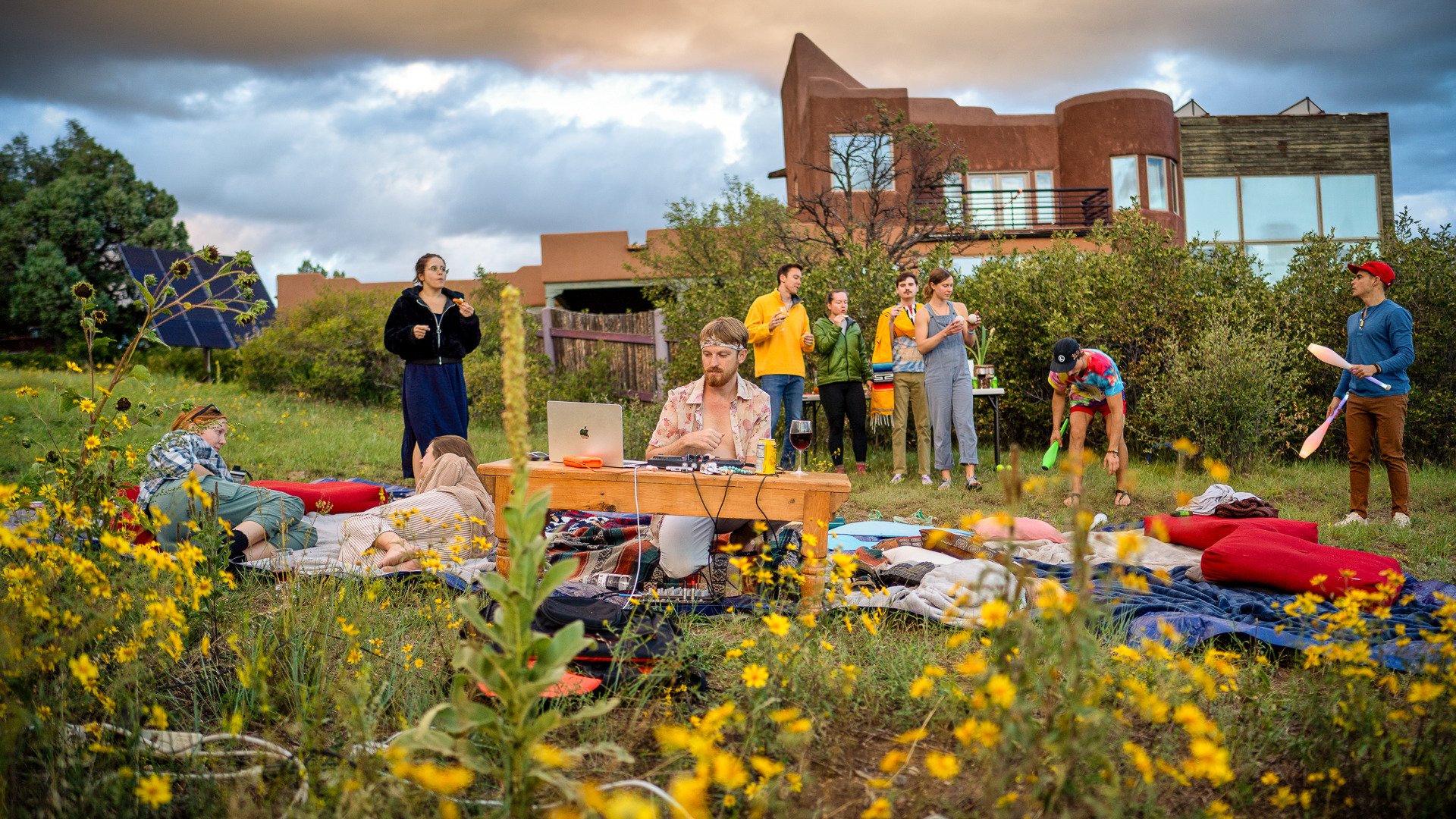Introducing the Needlestack
By Ethan Maurice | January 4, 2021
The year is 2021 and we are more than two decades into mass adoption of the world wide web. We have devised brilliant ways to surf the hundreds of billions of pages that compose the internet by keyword, category, and recentness. Have you ever wondered, though, why are we unable to browse by best?
No search engine or social media site has yet to truly solve the problem of prioritizing quality. Not Google, not Facebook, not Tumblr, not Pinterest, not any other site.
I think Reddit has come the closest. But its crowd-based voting system lifts quick and clever above powerful and profound. Reddit can lead to many tremendous resources, but it often requires wading through seas of memes, screenshots, and photographs that make up the majority of the “Top All-Time” posts of most “subreddits” (what categories are called on Reddit).
For a while, I thought Reddit had actually made internet browsable by best. However, at the beginning of 2020, I discovered that a handful of my own actionable articles that once ranked among the “Top All-Time” posts on the Travel on a Shoestring Budget subreddit had been buried, largely by memes and pretty photos. Upon further investigation, I realized that quick and clever was almost always cream-of-the-crop on Reddit. We seem to have a knee-jerk reaction to “like” or “upvote” things that inspire these quick emotional hits in us, causing them to rise above quality. It was on this day that I recognized the shortcomings of a crowd-based voting system and began wondering if it was possible make the internet browsable by best?
On and off, I’ve been pondering this question the past year:
Best is a measure of quality. Quality is a particularly challenging thing to get computers to measure. As humans, we just innately know what is good. In Robert Pirsig’s famous novel Zen and the Art of Motorcycle Maintenance, the protagonist (a loose fictionalization of the author himself) loses his mind grappling with how inexplicably great we are at judging quality. All of us can instantly recognize quality in something, but we rarely understand why something has it. Show a human great art and they will recognize it is great art. But ask them to explain why it’s great. Unless they are an expert in that form of art, they are likely to be at a loss for words. If we can’t explain what quality is, how can we possibly define the parameters for a computer to measure quality?
Rather than dive down that rabbit hole, I instead propose an experimental solution:
If you have a website, create a page with a list of links to what you personally consider the best pages on the internet. If we then link those pages together through a common directory, through simple, grassroots, human effort, we can make the internet browsable by best.
I call this page the “Needlestack.” Because finding something truly great among the hundreds of billions of pages that compose the internet today is like “finding a needle in a haystack.” We can change this, though, simply by stacking the needles separate from the hay.
Without further ado: here’s my Needlestack.
Below mine, you will find a list of other’s Needlestacks. If you have a presence on the web you can make your own, link back to mine, and I’ll link to yours in to the list (see instructions at the bottom of the page).
Join me and we can do something that has never been done before: weave a web of what is best across the web.
*Photo by Aurélie Cenno of artist Sven Sachsalber looking for a needle in a haystack.


